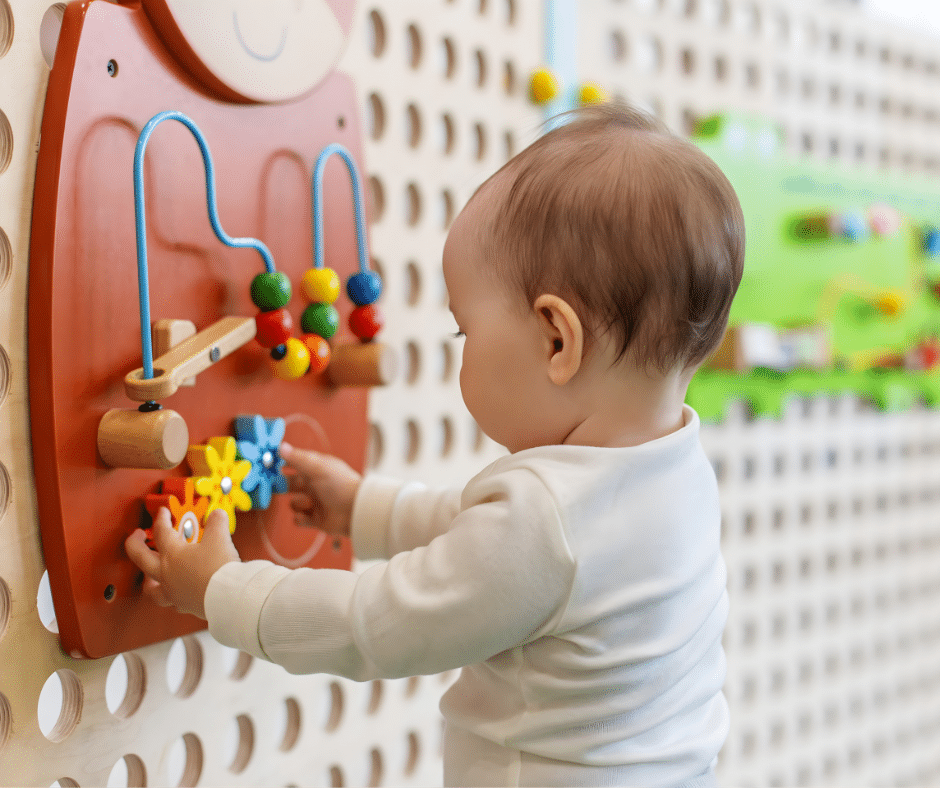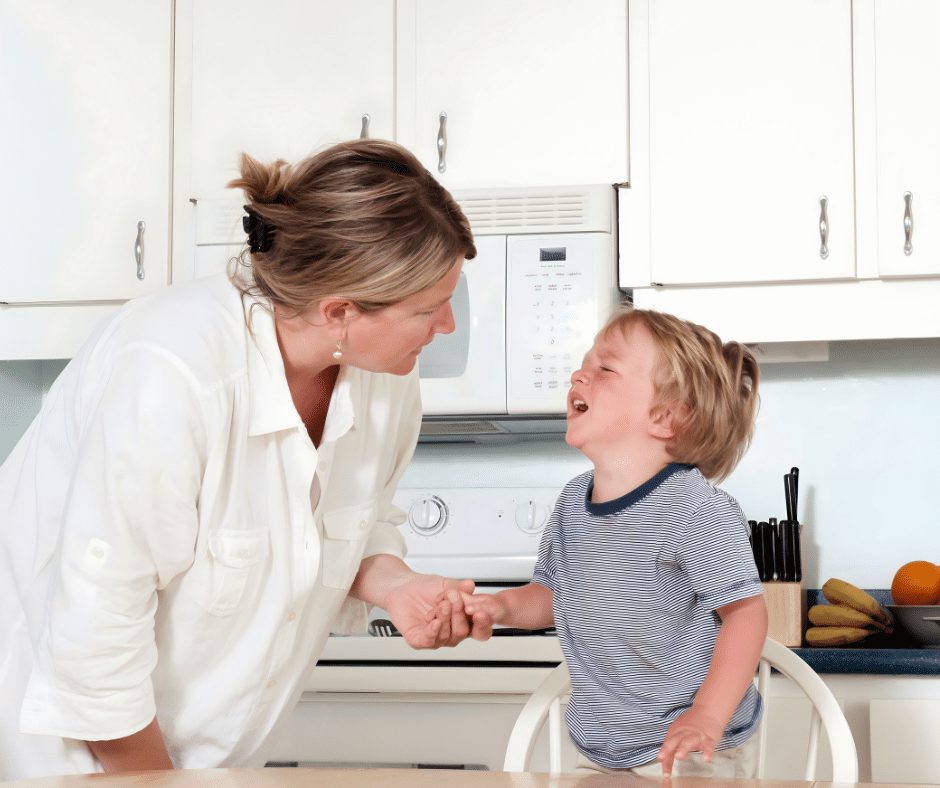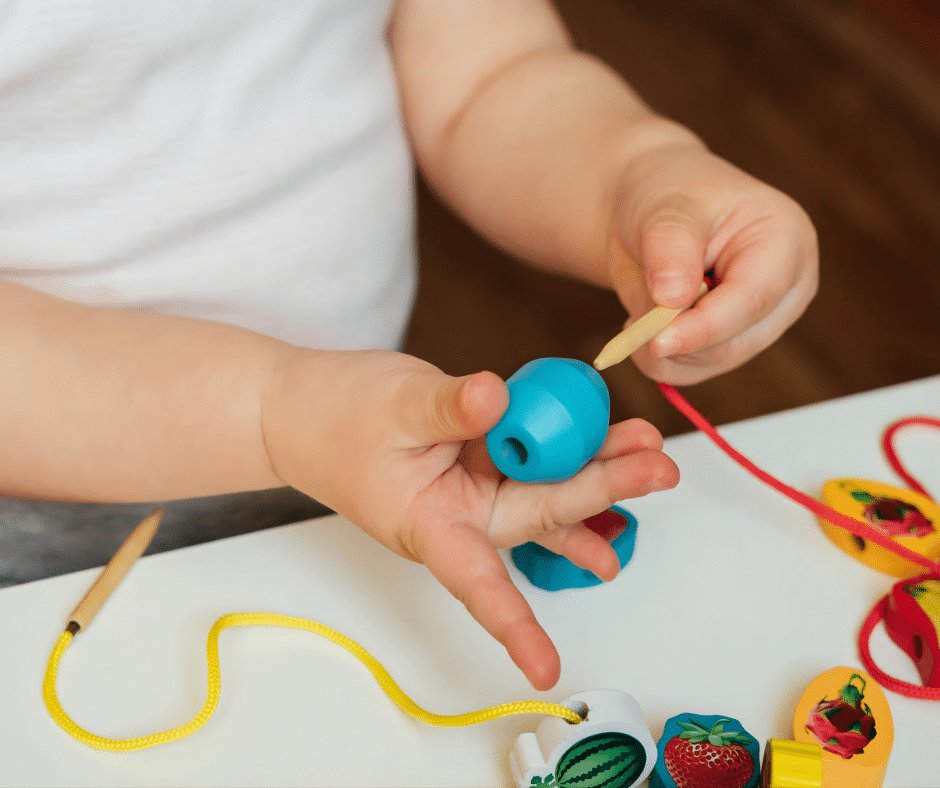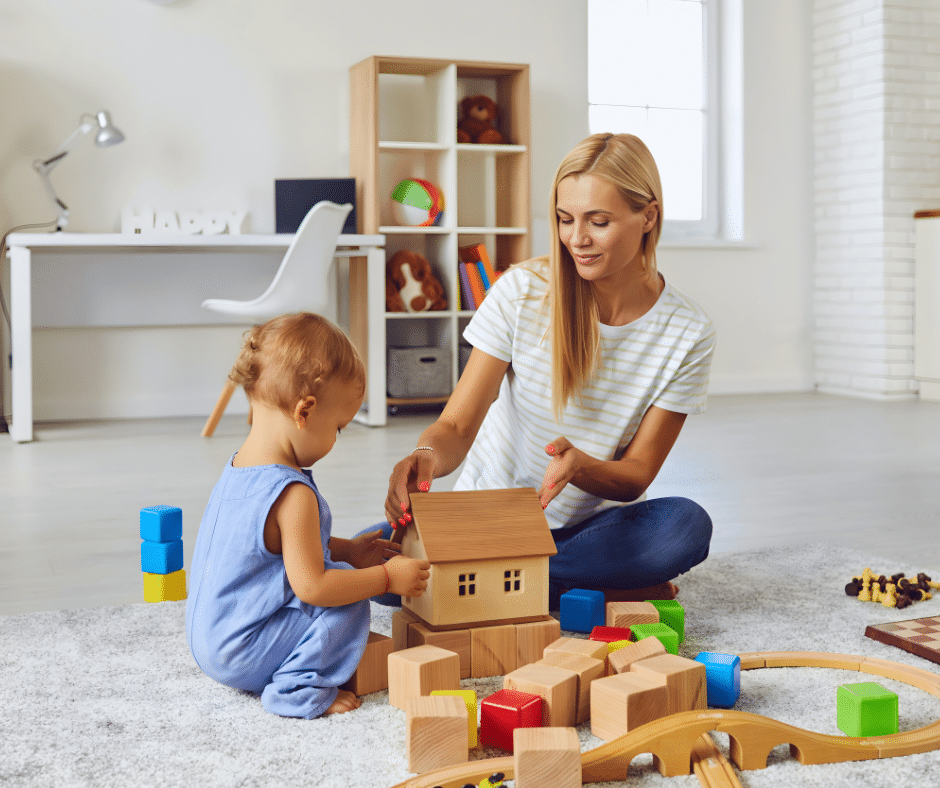Developmental Screening
Developmental milestones are the skills most children reach by certain ages; like sitting independently around 9 months, saying first words around 12 months, or taking first steps between 12 and 14 months. These milestones give us helpful guideposts for how children typically grow in areas like communication, movement, problem-solving, and social skills. While every […]










